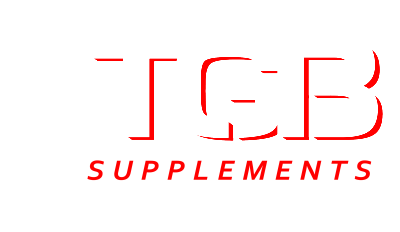Vasodilation, Vegetables and Citrulline
Vasodilation is the relaxing of the arteries, a beneficial effect that can help to lower blood pressure. Many anti-hypertensive drugs achieve their effects through this mechanism. Vasodilator substances are also found naturally in foods. One example is citrulline, which is found in watermelons and cantaloupes. Substances such as potassium can also aid the management of blood pressure, albeit through other mechanisms. This and other substances beneficial to blood pressure occur naturally in various vegetables and fruits.
Watermelons
Watermelons are rich in vitamin C, beta-carotene and lycopene – antioxidants that can help protect against damage by free radicals. Watermelons are also a source of the amino acid citrulline. In the body, citrulline is converted to arginine, which in turn is converted to nitric oxide. The last is a vasodilator. Citrulline is also present in cantaloupes.
Citrulline and Blood Pressure
Vasodilators such as citruline can be beneficial for blood pressure management. The January 2011 issue of the “American Journal of Hypertension” evaluated the effects of watermelon-extract supplementation on blood pressure in subjects with borderline hypertension. After six weeks of supplementation, there was a significant drop in blood pressure compared to subjects who were given placebo. The limitation of this study was that the sample size was small; in fact there were only nine subjects. Although this was the only study that specifically investigated the effect of watermelon extract on blood pressure, a large body of evidence corroborates the link between citrulline-rich foods and a reduction in blood pressure, as reviewed in the January 2010 issue of “Current Opinion in Clinical Nutrition and Metabolic Care.”

Add Comment